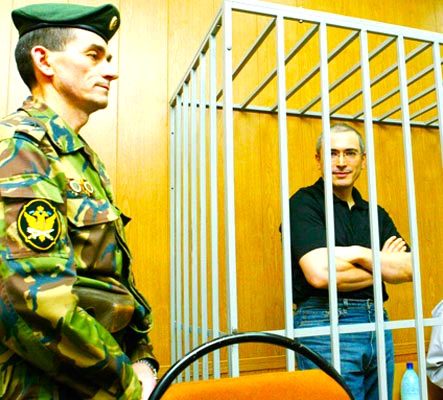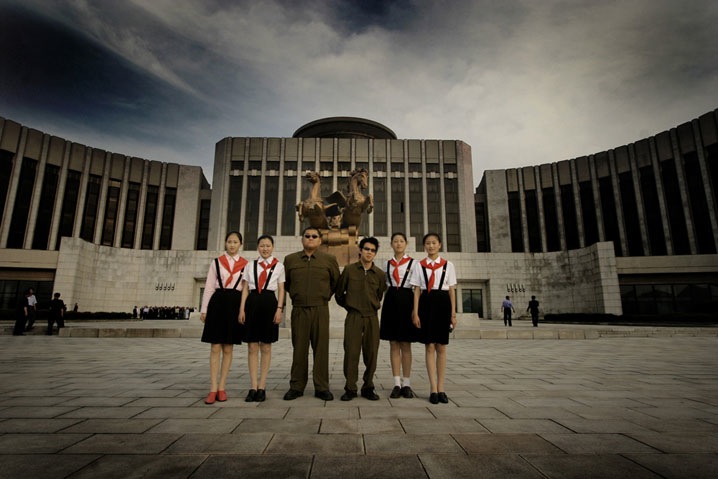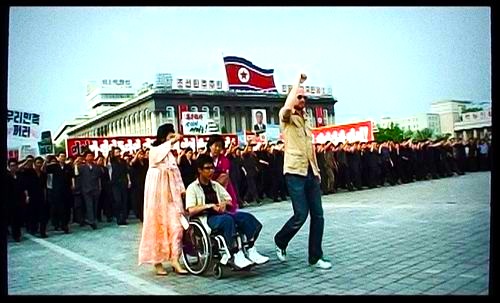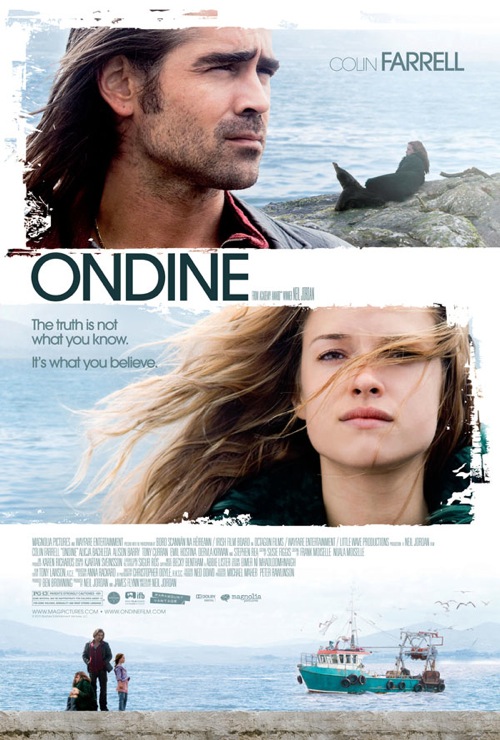By Joe Bendel. It was the most dangerous duty station on Earth, but for the men of the Second Platoon, B Company, 2nd Battallion, 503rd Infantry Regiment of the 173rd Army Airborne Brigade, Afghanistan’s Korengal Valley was home. For just over a year, the Second Platoon served in harm’s way every day at the isolated Korengal Outpost (KOP) that was unofficially renamed in honor of the Platoon’s fallen medic, PFC. Juan Restrepo. For much of that time journalists (a term used without irony in this case) Tim Hetherington and Sebastian Junger were embedded with Second Platoon, recording the realities of war without editorial comment for the documentary, Restrepo (trailer above), which opened this past week.
Over the course of ten trips to the Korengal Valley, sometimes together, sometime separately, Hetherington and Junger saw the fifteen men of Restrepo up close and under fire. The mountainous terrain surrounding the outpost could have been tailor-made for guerilla insurgencies. The Platoon built it during the dead of night while simultaneously holding off Taliban attacks. Many soldiers described its mere completion as a turning point in their effort to stem the violence flowing from the Korengal region. However, in early 2009 a decision was made to close Restrepo because its presence was considered provocative.
 The audience only meets PFC. Restrepo in crude video shot on a hand-held device just before their deployment to Korengal. In truth, the quality of the footage is hardly distinguishable from that shot by Hetherington and Junger, due to the chaotic combat situations they faced. Certainly it gives viewers a strong impression of Restrepo’s personality and why he was so popular with his comrades. Indeed, despite his brief posthumous appearance, Restrepo emerges as the true protagonist of the film that bears his name.
The audience only meets PFC. Restrepo in crude video shot on a hand-held device just before their deployment to Korengal. In truth, the quality of the footage is hardly distinguishable from that shot by Hetherington and Junger, due to the chaotic combat situations they faced. Certainly it gives viewers a strong impression of Restrepo’s personality and why he was so popular with his comrades. Indeed, despite his brief posthumous appearance, Restrepo emerges as the true protagonist of the film that bears his name.
Despite the greater screen time allotted them, the audience does not come to know the other soldiers particularly well as individuals during the course of Restrepo. However, they do get a keen sense of what day-to-day life was like for the Platoon. Soldiers are indeed wounded and even die in the film, but Hetherington and Junger were sensitive to the men and their families in what they chose to show from these fatal encounters, never letting the proceedings degenerate to the level of “anti-war” snuff films.
More context would probably help some viewers understand how the events documented in Restrepo fit into the overall scheme of the Afghanistan conflict. Yet this was obviously a slippery slope the director-reporters scrupulously sought to avoid, at least for their film. (Based on the first few chapters, Junger’s companion book War seems similarly averse to editorializing, except perhaps with some criticism of the inflexible absurdity of military bureaucracy.) Continue reading LFM Review: With the Second Platoon in Restrepo







